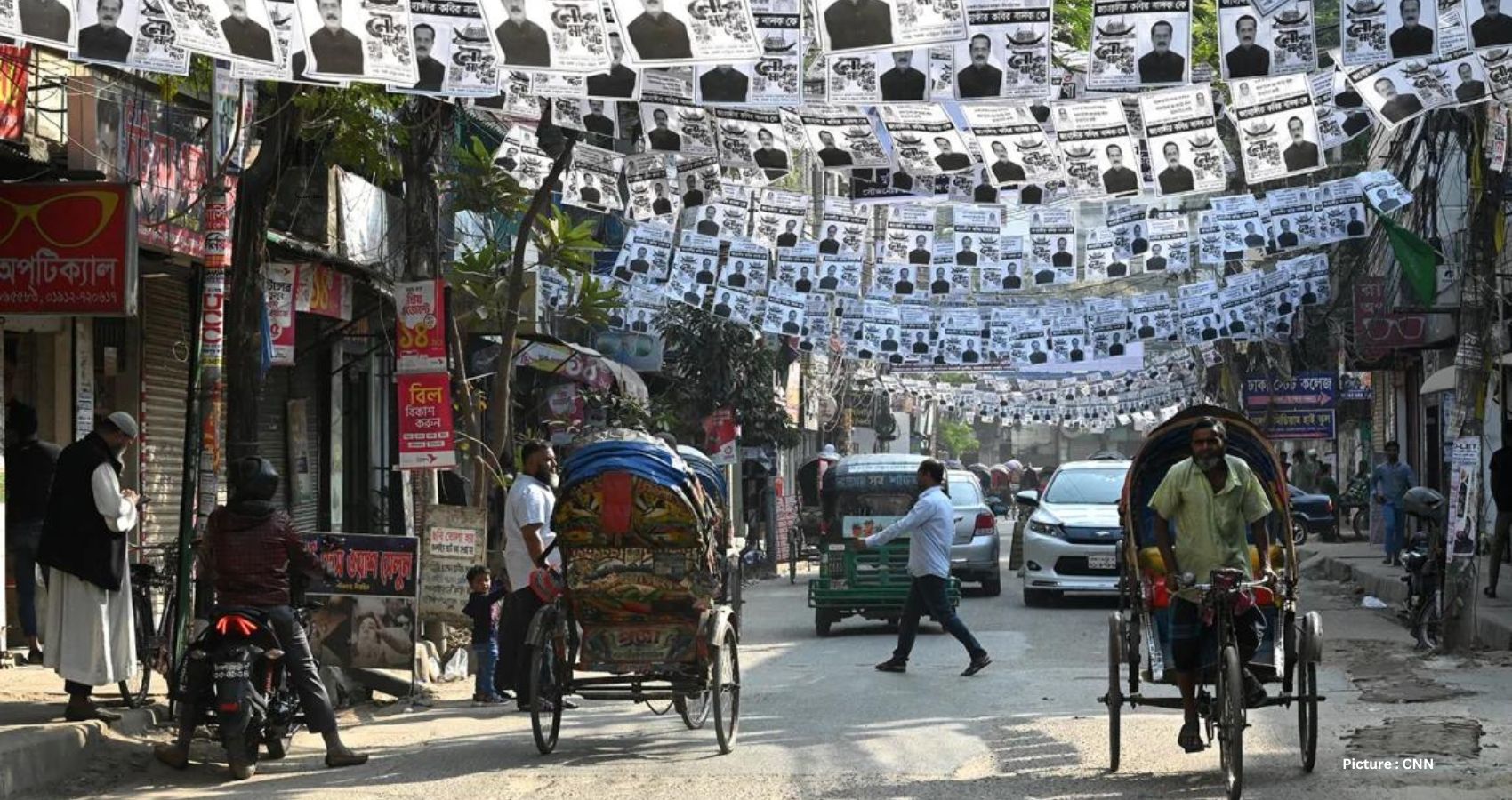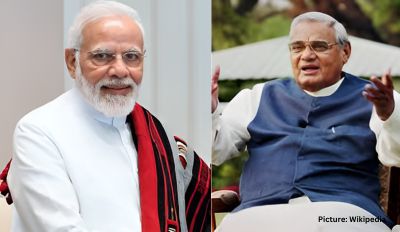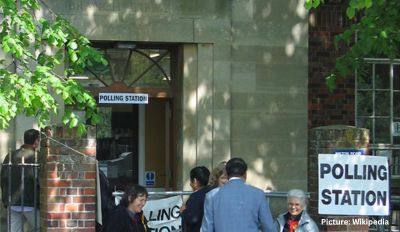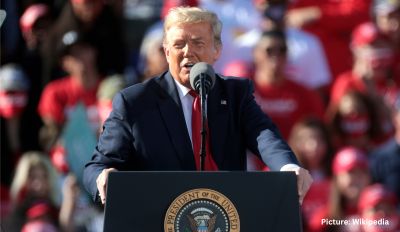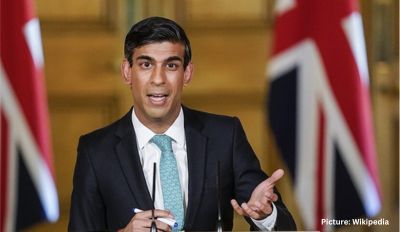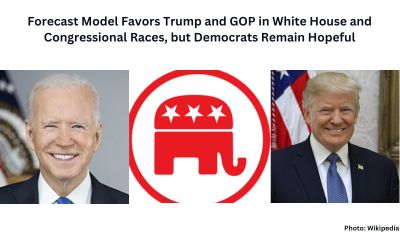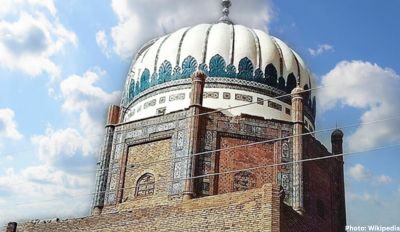As four South Asian countries gear up for crucial elections in the coming year, nearly 2 billion people across Bangladesh, Pakistan, India, and Sri Lanka will cast their votes from January through September. Each nation, having gained independence from Britain within the last century, presents a unique set of challenges and opportunities in their democratic processes.
Bangladesh: A Struggle for Democracy Amid Economic Growth
Bangladesh, with its 170 million people, kicks off the election season on January 7. The multiparty democracy is under threat as the ruling Awami League party faces accusations of silencing dissent, moving the nation toward resembling a one-party state. The current Prime Minister, Sheikh Hasina, is poised to secure her fourth consecutive term despite claims of election rigging and a boycott by the main opposition, led by former Prime Minister Khaleda Zia.
Julia Bleckner, a senior Asia researcher at Human Rights Watch, voiced concerns about the government’s actions, stating, “A free election is impossible when the government stifles free expression and systematically incapacitates the opposition.” Despite political turmoil, Bangladesh is experiencing economic growth, primarily driven by its garment manufacturing industry, constituting 35.1% of the annual GDP.
Sreeradha Dutta, a professor of international affairs, emphasized Bangladesh’s consistent growth and its efforts to build strong regional relations, predicting that developmental models would persist regardless of the leader.
Pakistan: Political Turmoil Amid Economic Uncertainty
Pakistan, in its 76 years of existence, has struggled with political dynasties, military rule, and economic crises. Former Prime Minister Imran Khan, a popular figure, is behind bars, facing charges he claims are politically motivated. Meanwhile, Nawaz Sharif, a former prime minister in self-exile, returned, adding complexity to the political landscape. Pakistan grapples with economic uncertainty, militant attacks, and climate catastrophes, creating challenges for its future leadership.
Fahd Humayun, an assistant professor of political science, highlighted the link between political and economic uncertainty, emphasizing the importance of transparent elections to attract necessary capital inflows for the country.
India: Democracy at a Crossroads Amid Global Significance
India, touted as the world’s largest experiment in democracy, is poised for elections in the spring. Prime Minister Narendra Modi seeks a rare third term, having tightened his grip on democratic institutions. While India achieves global significance in various arenas, concerns arise about the erosion of its secular and democratic values under the Hindu nationalist BJP.
An alliance of 26 political parties known as INDIA, including the main opposition Indian National Congress, aims to challenge Modi. However, recent regional losses for the Congress party have bolstered Modi’s position. Analysts caution that Indian politics remains unpredictable as parties prepare for upcoming campaigns.
Sri Lanka: A Nation Recovering from Economic Crisis Faces Election Decisions
Sri Lanka, grappling with its worst economic crisis in decades, faced a momentous protest movement that forced then-President Gotabaya Rajapaksa to flee. The current President, Ranil Wickremesinghe, is expected to seek a second term after implementing economic reforms and securing international aid. Despite delays in holding elections due to the economic crisis, the country is on the path to recovery, and its citizens anticipate decisions on their future leader.
As these South Asian nations embark on significant electoral processes, the challenges and opportunities they face will undoubtedly shape the future trajectory of democracy in the region. The coming months will be critical in determining how each country addresses its unique issues and paves the way for its political and economic future.

